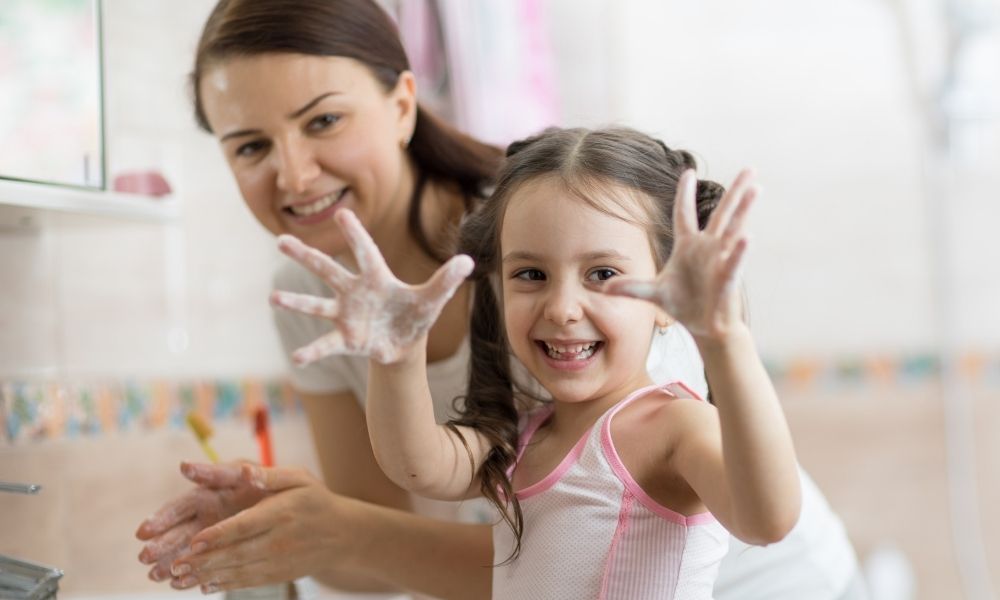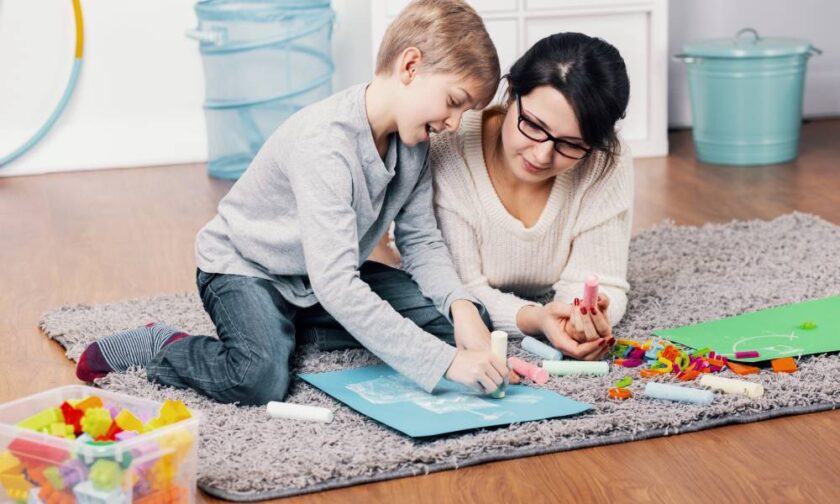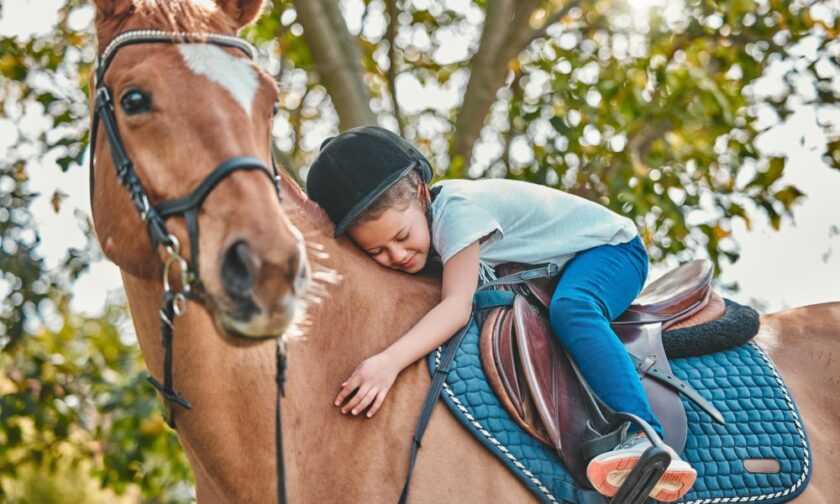In general, humans encounter germs and foreign contaminants every day. From touching doorknobs to toilet seat handles, you’ll feel surprised to learn how often people physically interact with bacteria. So, incorporating a proper hygienic routine will not only make you smell delightful, but will also keep pesky germs out of your life. So, what about your children?
As we grow older, handwashing becomes second nature, but children often don’t understand why they stick their hands in hot water. Proper handwashing reduces the chances of illnesses and viruses, making it an easy and effectively quick routine for every child. So, here is the importance of teaching children to wash their hands with little fuss.
When Should Kids Wash Their Hands?
Knowing where and when to wash hands is learned over time. Understanding the importance of teaching children to wash their hands before and after specific activities will help keep them healthy.
Washing Before
There are specific activities children need to prepare themselves for when staying hygienic. It’s good to make sure they wash their hands before eating, feeling a cut or scrape, and touching their faces.
Additionally, if you’re at a petting zoo or interactive museum, washing your hands before touching sensitive animals helps reduce the chance of passing germs.
Washing After
As for washing their hands after fun activities, washing their hands after going to the bathroom is a no-brainer. Also, make sure they clean themselves up after playing with animals, touching playground equipment and toys, sneezing or coughing in their hands, and being near someone already sick.
What Are the Necessary Steps?
So, what is the easiest way to teach your child how to wash their hands? Here are the steps:
- Run their hands under warm water with antibacterial soap. Ensure they rub consistently between the fingers, on the palms, the back of the hands, and under the fingernails.
- While they scrub, have them sing “Happy Birthday” twice so their hands get cleaned efficiently. Then, they can rinse their hands thoroughly until no soap residue is left.
- Once the soap is gone, have them shake out their hands a couple of times, then pat dry with a clean towel or run them under a hand dryer.
The steps are simple yet effective for a child learning to stay clean. Following good hang hygiene will instill a lifelong habit that will prevent children from catching colds. The last thing you want is for them to catch the flu, or get hepatitis A accidentally.
How Should You Encourage Your Child?
Showing your child that you wash your hands will naturally encourage them to do the same. Children like to imitate their parents, so use this to your advantage. Don’t forget to remind them often and remain patient if they don’t remember.
After your child learns how to wash their hands, they can show their friends for fun while staying safe. You’ll thank yourself later for not having them catch a nasty cold.






